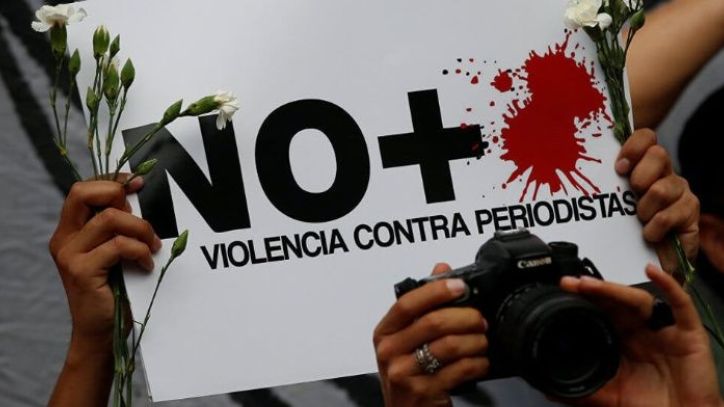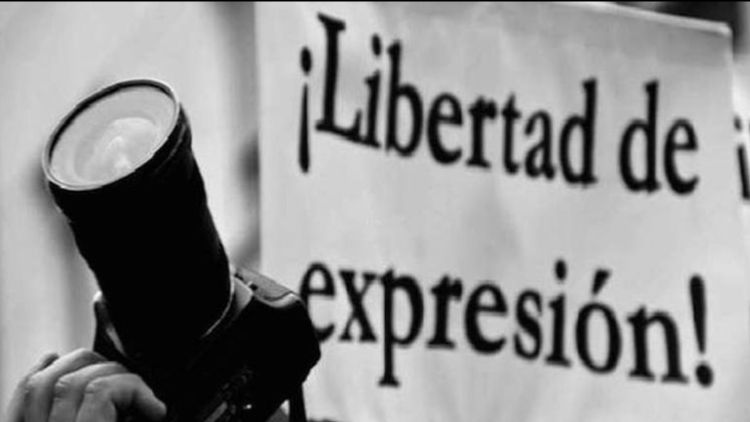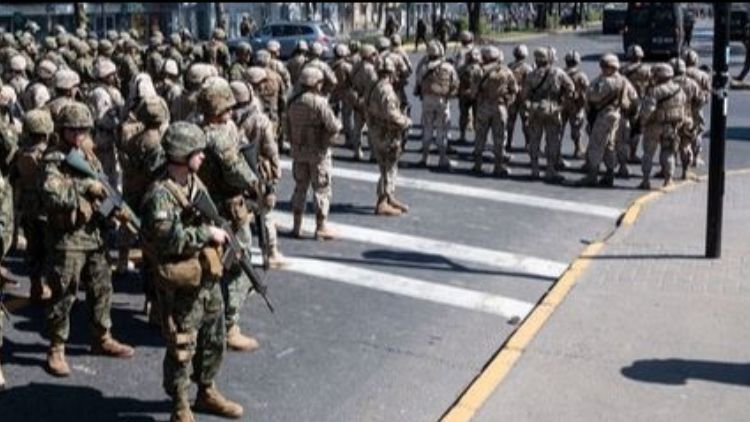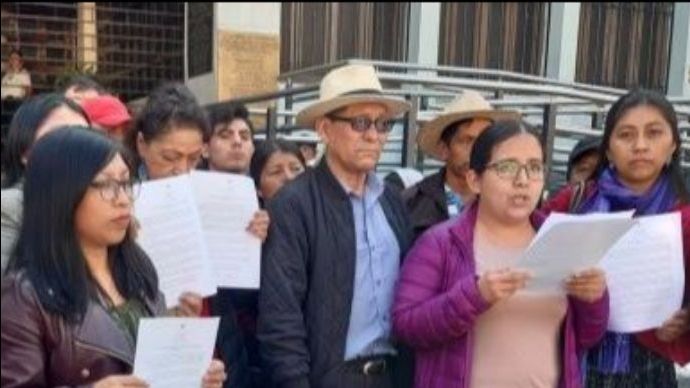
A tool designed by Directorio Legislativo to monitor
regulations with the potential to impact civic space
in Latin America and the Caribbean.
Fundación Directorio Legislativo | March 2020
About Civic Space Guardian (CSG)
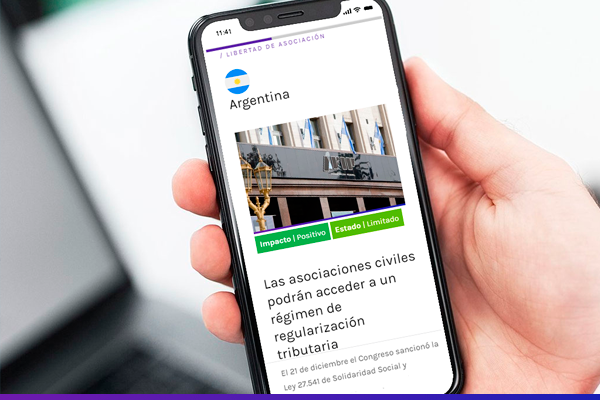
Civic Space Guardian (CSG) is a tool designed by Directorio Legislativo to monitor regulations with the potential to impact civic space in Latin America and the Caribbean.
These are regulations affecting freedom of expression, freedom of association, freedom of peaceful assembly, citizen participation and access to public information. To provide a broader overview, we also include the rating assigned by Civicus according to the state of civic space in each country.
Bill to extend reach of access to information law gains ground

Chile
Impact | Positive
Probability | High
Rating CIVICUS | Narrowed
On March 3, the Chamber of Deputies approved a reform of the Law on Access to Public Information that would oblige Congress, the Public Prosecutor’s Office, the Constitutional Court, the Electoral Service and the Central Bank to “abide by the principle of transparency in public service”. At the request of citizens, the National Congress would need to divulge data relating to its staff, salaries, allowances, contracted services, voting, and the attendance of legislators at certain meetings. The bill has now been passed to the Senate where it will continue to be assessed.
Deputies promote bill to prevent judicial persecution of journalists

Mexico
Impact | Positive
Probability | High
Rating CIVICUS | Repressed
On February 25, 19 legislators from across 8 political blocs presented a bill to prevent the judicial system from being used to censor journalists. The proposal includes rules to prevent lawsuits against journalists aimed at limiting freedom of expression and mechanisms to avoid requests for information on media sources. The bill is part of a package of proposals to protect reporters and activists currently being jointly looked at by the Governance Committee of the Chamber of Deputies and civil society organizations, journalists and human rights defenders.
The Executive branch fails in bid to exploit personal information

Costa Rica
Impact | Negative
Rating CIVICUS | Open
On February 17, the Executive branch issued a decree drafted in October 2019 authorizing the government to use confidential personal information for the purpose of researching and evaluating public policies. Following criticism from across the political spectrum and charges of unconstitutionality, President Carlos Alvarado reversed the measure just 4 days after its enactment. So far, the government has declined to clarify whether it has already made use of public confidential data. In the coming weeks, a special committee created by the Legislative Assembly will investigate the issue.
Government bill seeks journalistic self-censorship over corruption accused

Argentina
Impact | Negative
Probability | High
Rating CIVICUS | Narrowed
The ruling party senator Eugenia Catalfamo has proposed scrapping preventive detentions of persons accused of corruption prior to judicial sentencing in cases where, as she sees it, the media have already portrayed them as guilty. The bill’s author maintains that preventive detentions are used as a means of political persecution and that the media have abetted this by amplifying some cases while passing over others. The proposal is backed by four other legislators who are close to the former president (now vice-president) Cristina Fernández de Kirchner, herself implicated in several corruption cases. The bill has been denounced by the press and by the country’s umbrella body for media outlets.
Bill to expand role of the Armed Forces in internal security moves forward

Chile
Impact | Negative
Probability | High
Rating CIVICUS | Narrowed
On March 8, the Chamber of Deputies passed in committee a constitutional reform being driven by the Government to grant the President increased powers to deploy the Armed Forces in cases where critical infrastructure is seen to be at risk, including water, gas and electricity services, communications and transportation networks, government facilities, the National Congress and the Judiciary. Currently, the President is obliged to decree a state of emergency before any armed deployment, which may last a maximum of 15 days. If the reform is passed, there will be no need to declare a state of emergency and the army can be deployed up to 30 days. The bill has been questioned by opposition deputies who, it is expected, will attempt to introduce changes to the reform during its article-by-article debate in congress.
Court overturns controversial law to constrain civil society organizations

Guatemala
Impact | Negative
Rating CIVICUS | Obstructed
On February 27, President Alejandro Giammattei passed a law enabling the Executive to ban the activities of social organizations “disturbing public order” and take control over their finances. Those responsible for entities not complying with the law could be punished with imprisonment or business disqualification for a minimum of two years. The bill, approved by Congress on February 11, was condemned by more than 90 civil society organizations, the Inter-American Commission on Human Rights and the UN High Commissioner for Human Rights. In response to legal appeals filed by civil society, on March 2 the Constitutional Court provisionally suspended the law. The Government announced it would respect the Court’s decision despite disagreeing with it, but indicated it would shortly present a new bill.
Read the joint statement from civil society organizations calling for the law to be overturned.

Voices of civil society
GUATEMALA
Promoting laws that threaten freedom of association in Latin America, and particularly in Central America, is a worrying sign and puts at risk the work of all civil society. Freedom of association must be protected and encouraged – and in no way limited – by the State.
EDDIE GARCÍA – Acción Ciudadana
GUATEMALA
“The NGO law reform discourages all efforts to assemble and organize (…), criminalizes social organization and ‘kills’ volunteer work. It also curtails the actions of NGOs that publicly demonstrate against certain political decisions”. See full statement.
NORAYDA PONCE SOSA – Advisor in International Cooperation for Development



